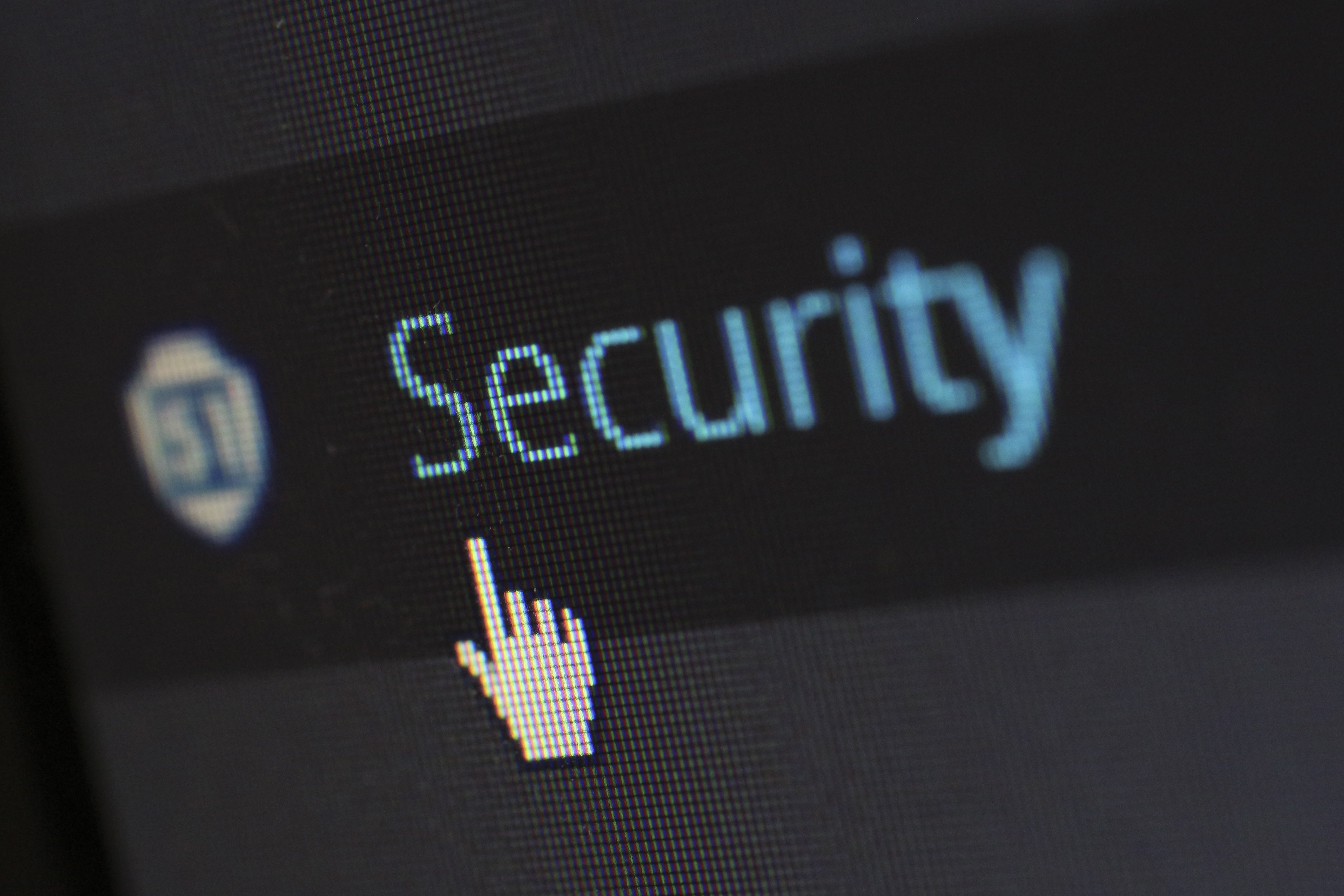
In a world that relies on technology, keeping our tech secure is vital. Sci&Tech Writer James West explains why
The world we live in is becoming more interconnected. There are over seven billion internet connected devices on the planet, with conventional devices like phones and laptops being able to communicate with less conventional devices, such as fridges, boilers and cars. While the ability for a fridge to text a user when they have run out of milk or be able to unlock a car with tapping a smartphone is certainly more convenient, this convenience highlights one of the big issues facing the modern world: cyber security.
“The annual global cost of cybercrime in 2017 was over $600 billion
For as long as computers have been around, there has always been a dilemma between accessibility and security, as being too accessible may mean a device is easy to hack. However, being too security focused can alienate the user and thus potentially mean the market for the technology is more limited. Computer security is becoming more and more important in the digital age due to the increased damage and scope of cyber-attacks.
The annual global cost of cybercrime in 2017 was over $600 billion, and this shows no sign of slowing down. This combined with the fact that cybercrime does not need to even be committed in the same country as the recipient has meant that cybercrime has grown in popularity amongst criminals. One of the most famous cyber-attacks was the WannaCry ransomware attack which hit the NHS, along with many other organisations in May 2017. This cost the NHS over £92 million and led to the cancellation of 19,000 appointments.
“the WannaCry ransomware attack… cost the NHS over £92 million
This is the main reason why it is important that both individuals and large corporations should practice good computer security, such as complex passwords and keeping antivirus software up to date. For large companies, cyber security is a very hot topic following the introduction of the General Data Protection Regulation (GDPR) in the European Union, which allows companies to be fined up to €20 million or up to 4% of their annual turnover, whichever is larger.
The most well-known example of this was in July 2019, when British Airways were fined a record-breaking £183 million after hackers had carried out an attack which had harvested details of over half a million customers barely a year before. The fine imposed was not even as harsh as it could have been – British Airways were fined 1.5% of their annual turnover, not the full 4%.
Therefore, cyber security is playing an increasingly important role in people’s day to day lives, whether it be by banks asking you for more security questions, or more frequent updates for your antivirus software. This means it is essential for both users and providers of services to be more aware of the threat from cyber criminals than it has ever been before.

Comments